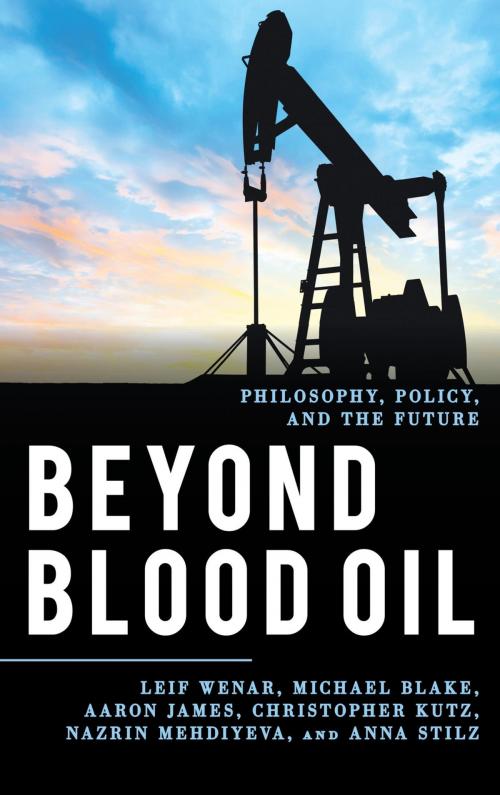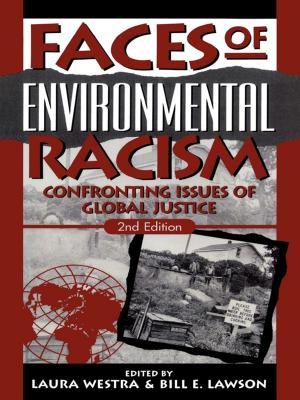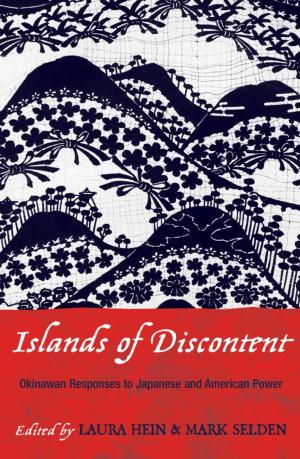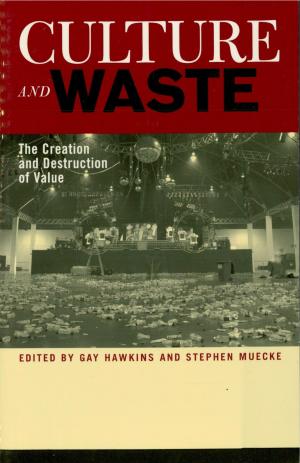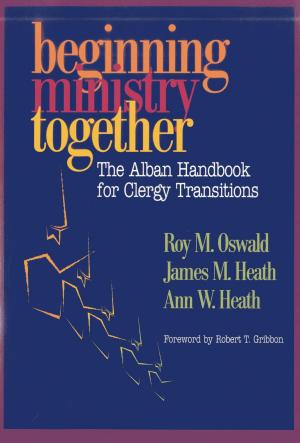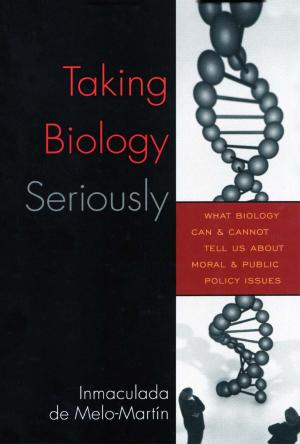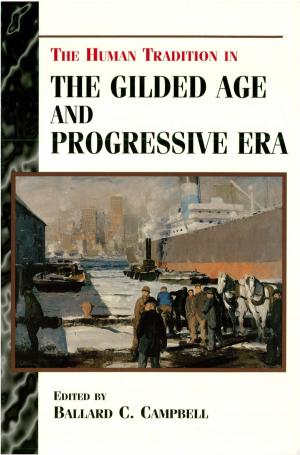Beyond Blood Oil
Philosophy, Policy, and the Future
Nonfiction, Social & Cultural Studies, Political Science, Government, Public Policy, Religion & Spirituality, Philosophy, Ethics & Moral Philosophy| Author: | Leif Wenar, Michael Blake, Aaron James, Christopher Kutz, Nazrin Mehdiyeva, Anna Stilz | ISBN: | 9781538112113 |
| Publisher: | Rowman & Littlefield Publishers | Publication: | September 5, 2018 |
| Imprint: | Rowman & Littlefield Publishers | Language: | English |
| Author: | Leif Wenar, Michael Blake, Aaron James, Christopher Kutz, Nazrin Mehdiyeva, Anna Stilz |
| ISBN: | 9781538112113 |
| Publisher: | Rowman & Littlefield Publishers |
| Publication: | September 5, 2018 |
| Imprint: | Rowman & Littlefield Publishers |
| Language: | English |
Leif Wenar’s 2016 book Blood Oil: Tyrants, Violence, and the Rules that Run the World argues that much of the conflict, suffering, and injustice in the world is driven by an archaic rule in global trade that forces consumers to fund oppression and corruption. This oil curse is a major threat to global peace and stability. Wenar sets out Clean Trade policies to lift the oil curse through national legislation that affirms democratic principles.
In Beyond Blood Oil, Wenar summarizes and extends his views, setting the stage for five essays from first-class critics from the fields of political theory, philosophy, and energy politics. Wenar replies vigorously and frankly to the critics, making the volume the scene of a highly energetic debate that will benefit all scholars, students, and global citizens interested in global justice, international security, oil politics, fair trade, climate change, and progressive reforms.
Leif Wenar’s 2016 book Blood Oil: Tyrants, Violence, and the Rules that Run the World argues that much of the conflict, suffering, and injustice in the world is driven by an archaic rule in global trade that forces consumers to fund oppression and corruption. This oil curse is a major threat to global peace and stability. Wenar sets out Clean Trade policies to lift the oil curse through national legislation that affirms democratic principles.
In Beyond Blood Oil, Wenar summarizes and extends his views, setting the stage for five essays from first-class critics from the fields of political theory, philosophy, and energy politics. Wenar replies vigorously and frankly to the critics, making the volume the scene of a highly energetic debate that will benefit all scholars, students, and global citizens interested in global justice, international security, oil politics, fair trade, climate change, and progressive reforms.
